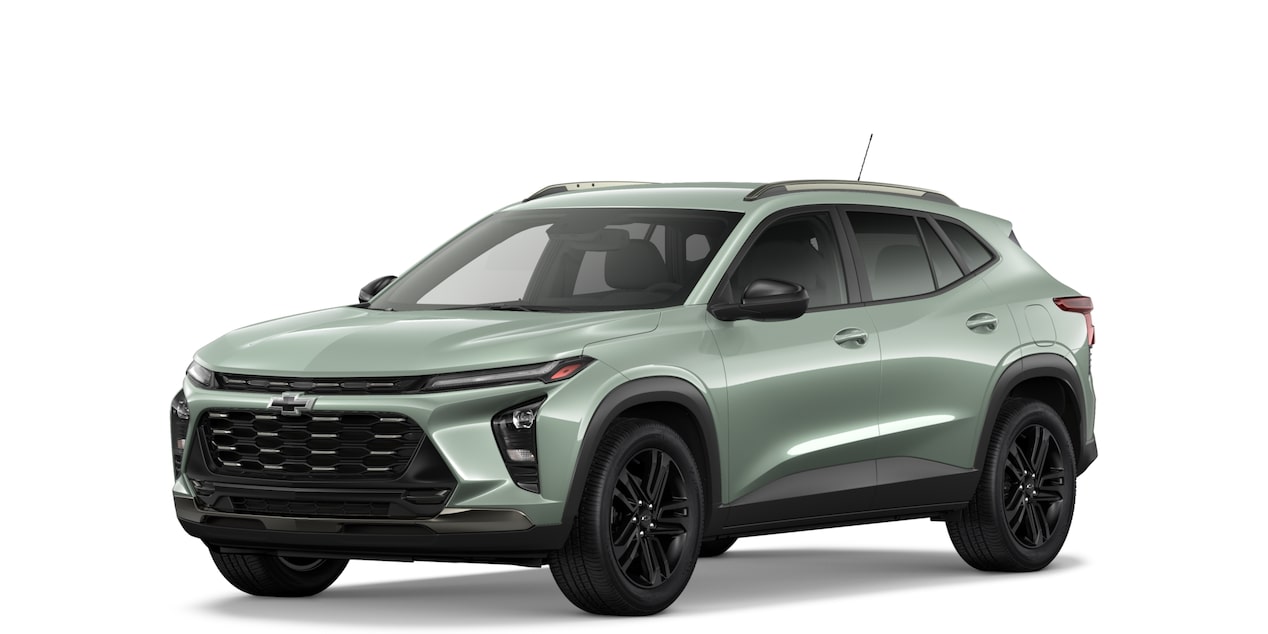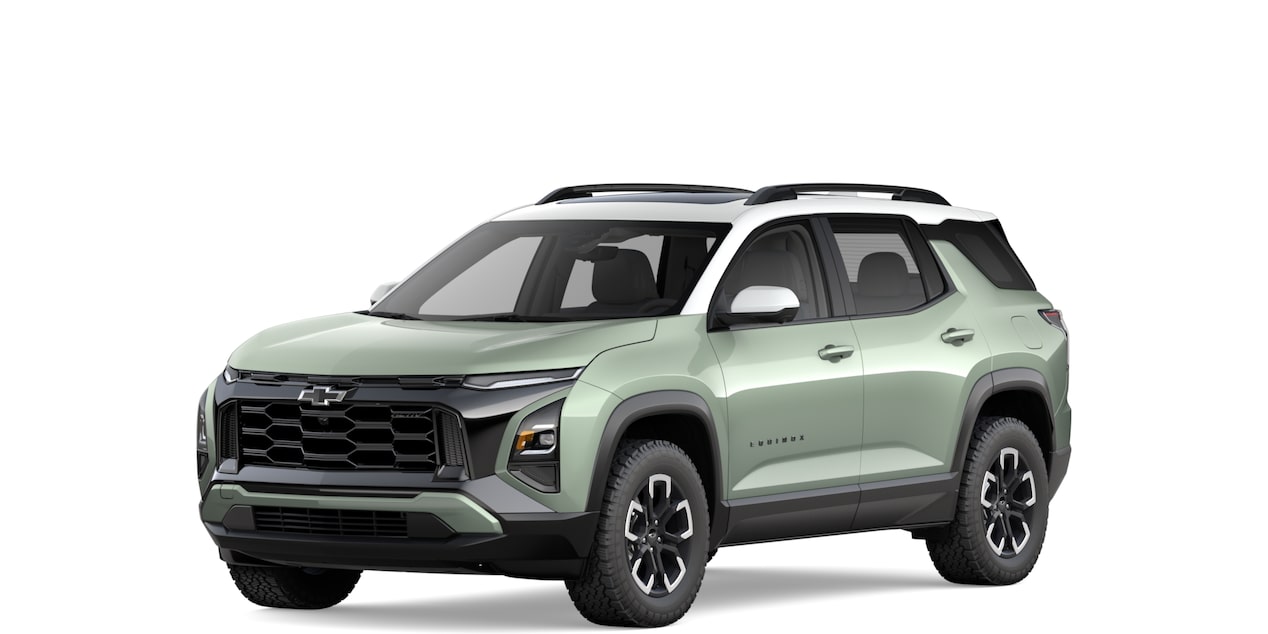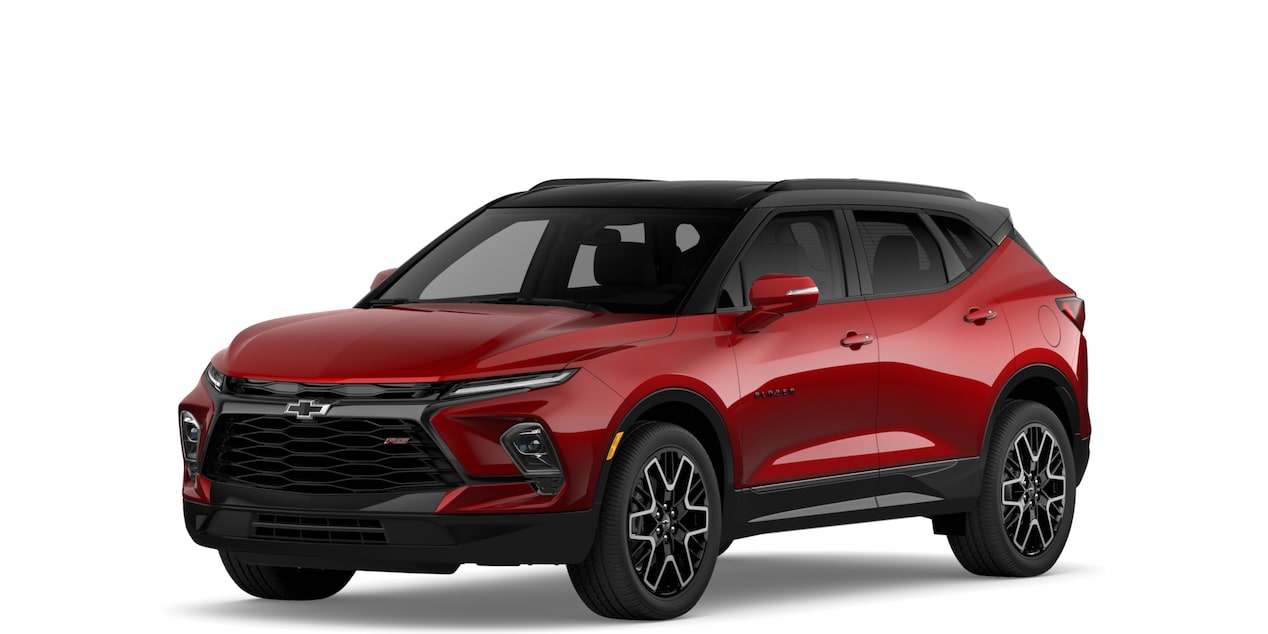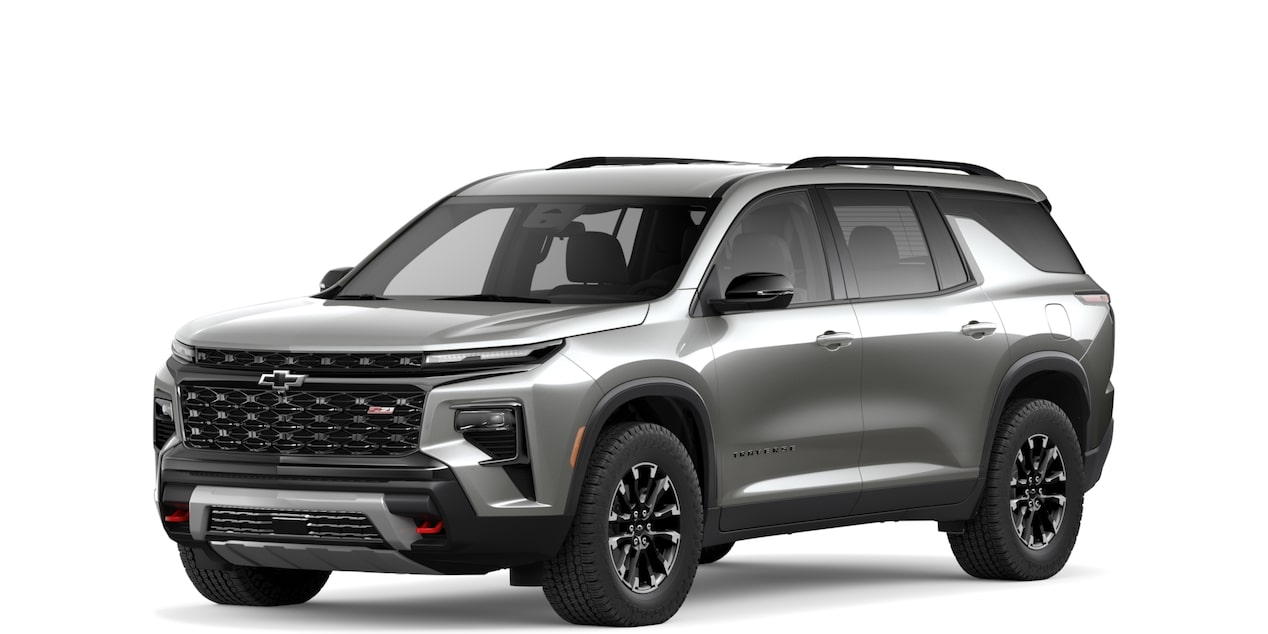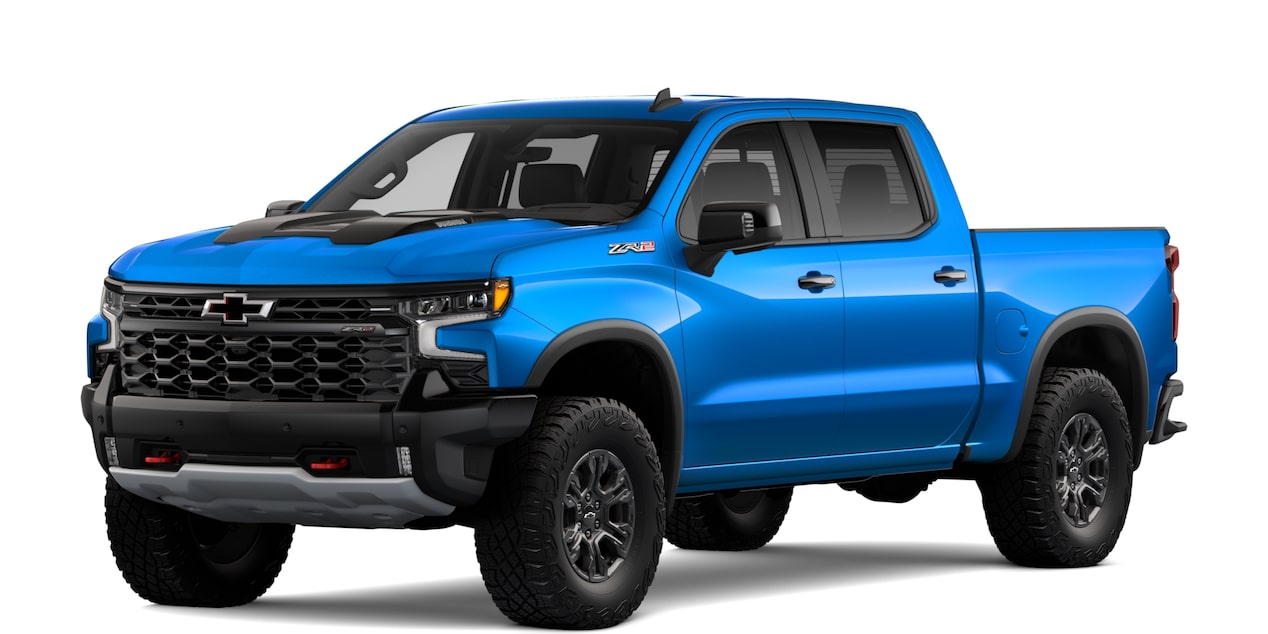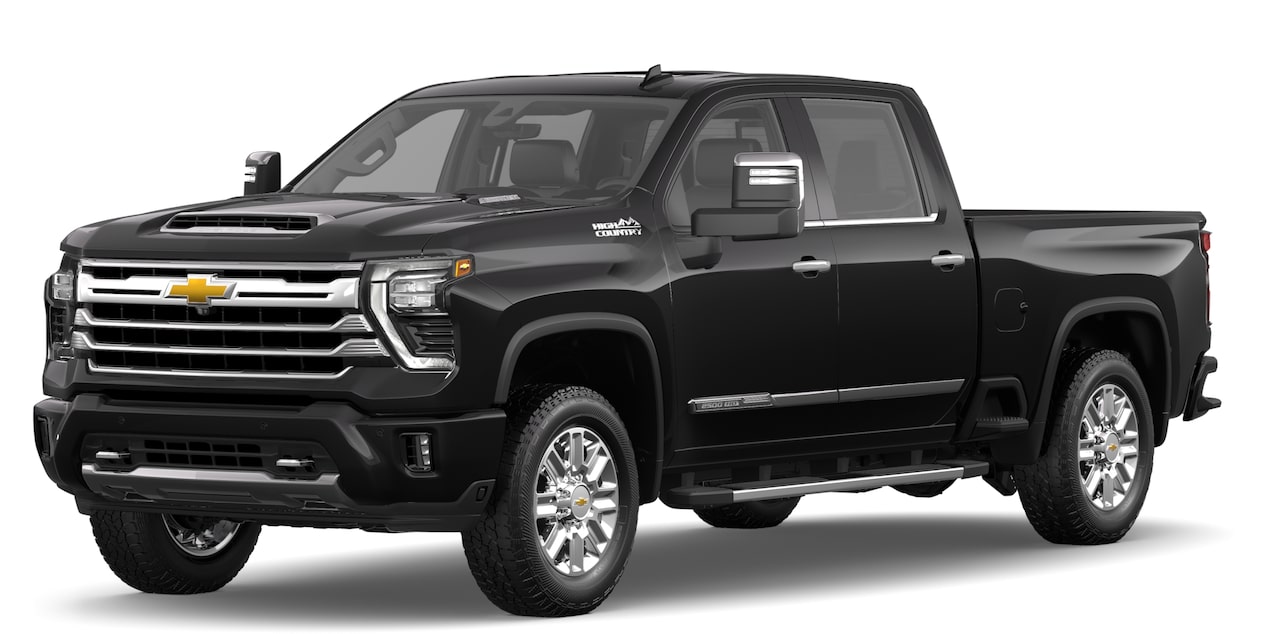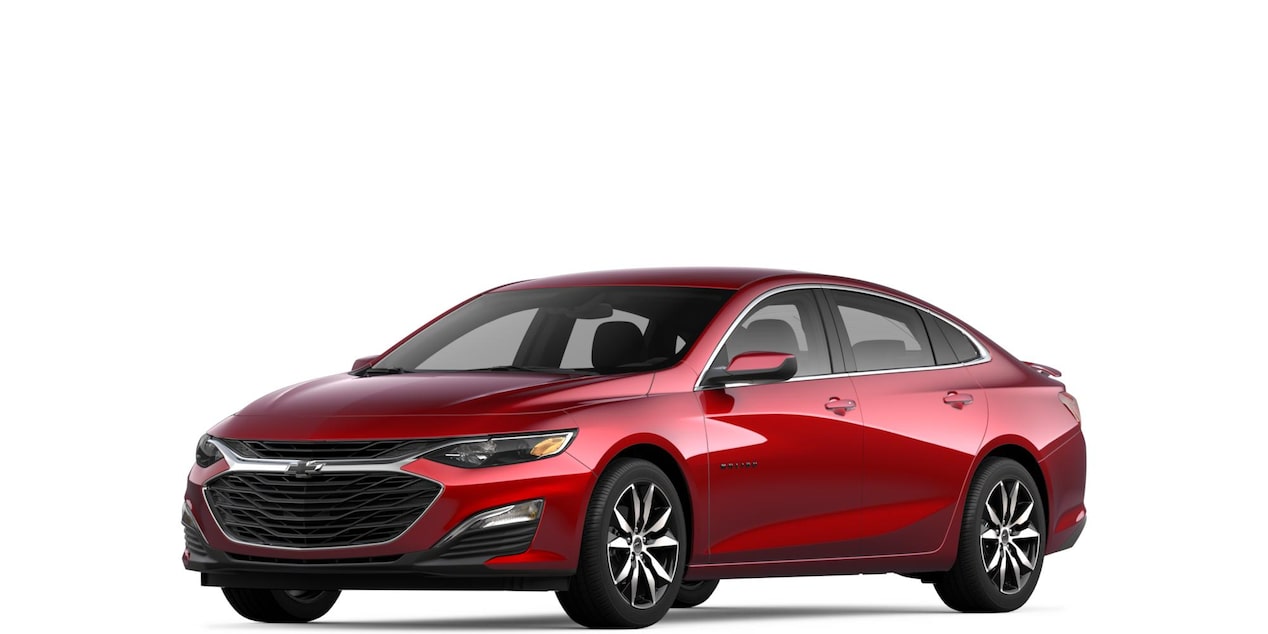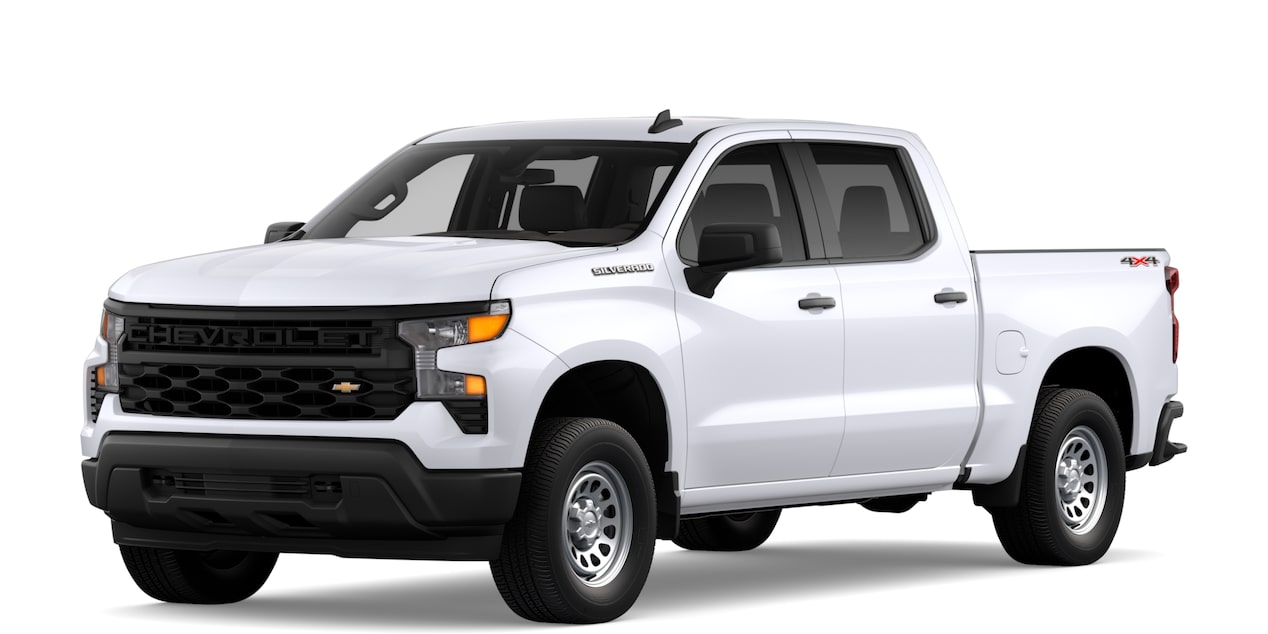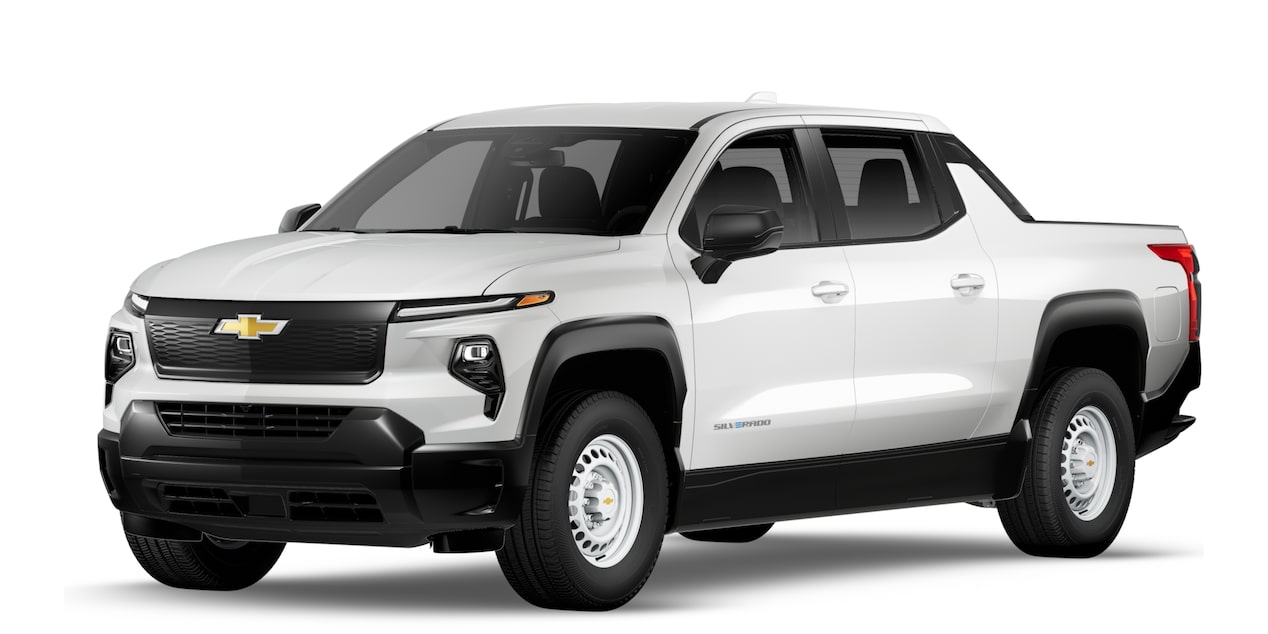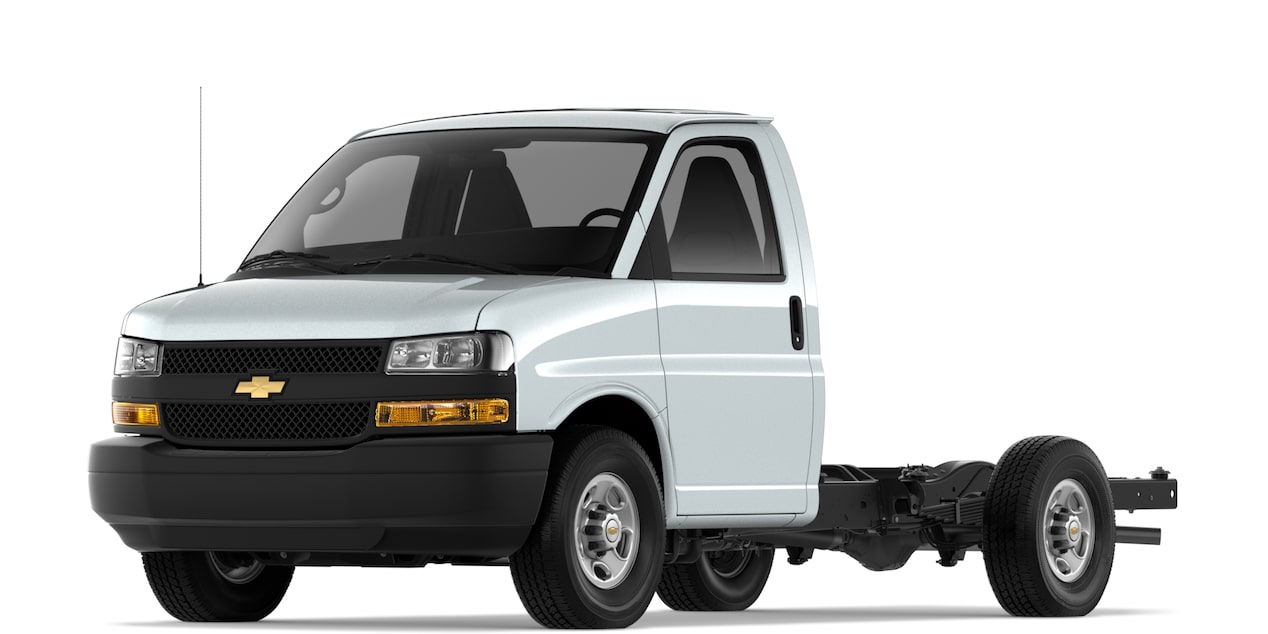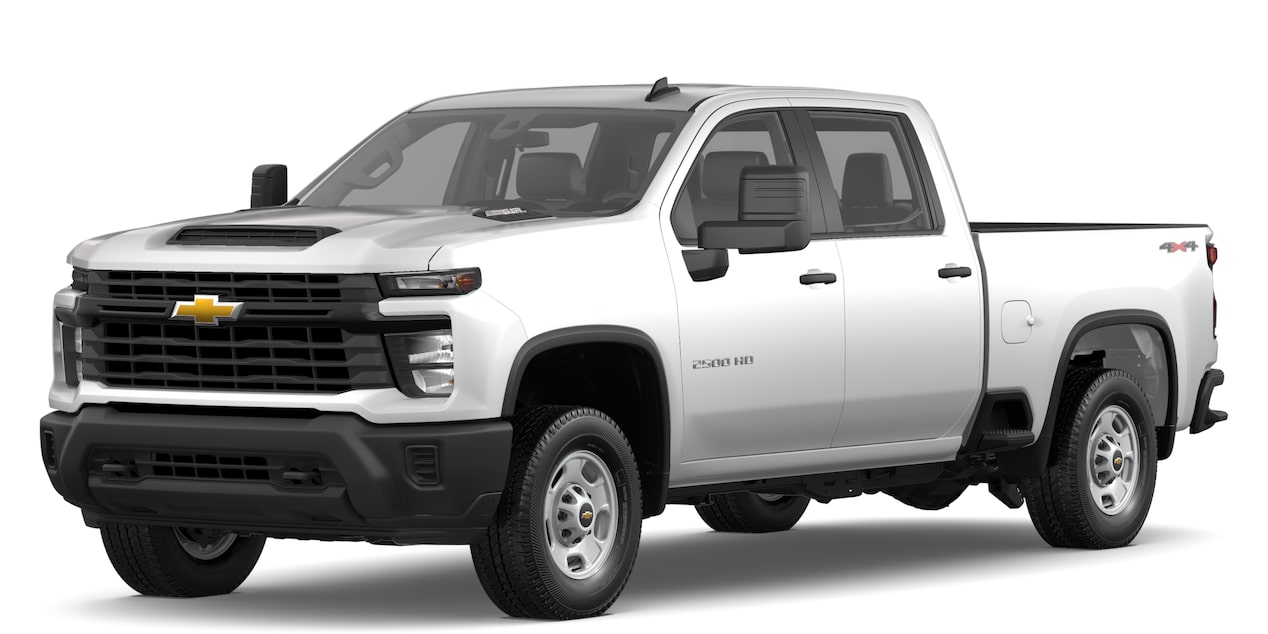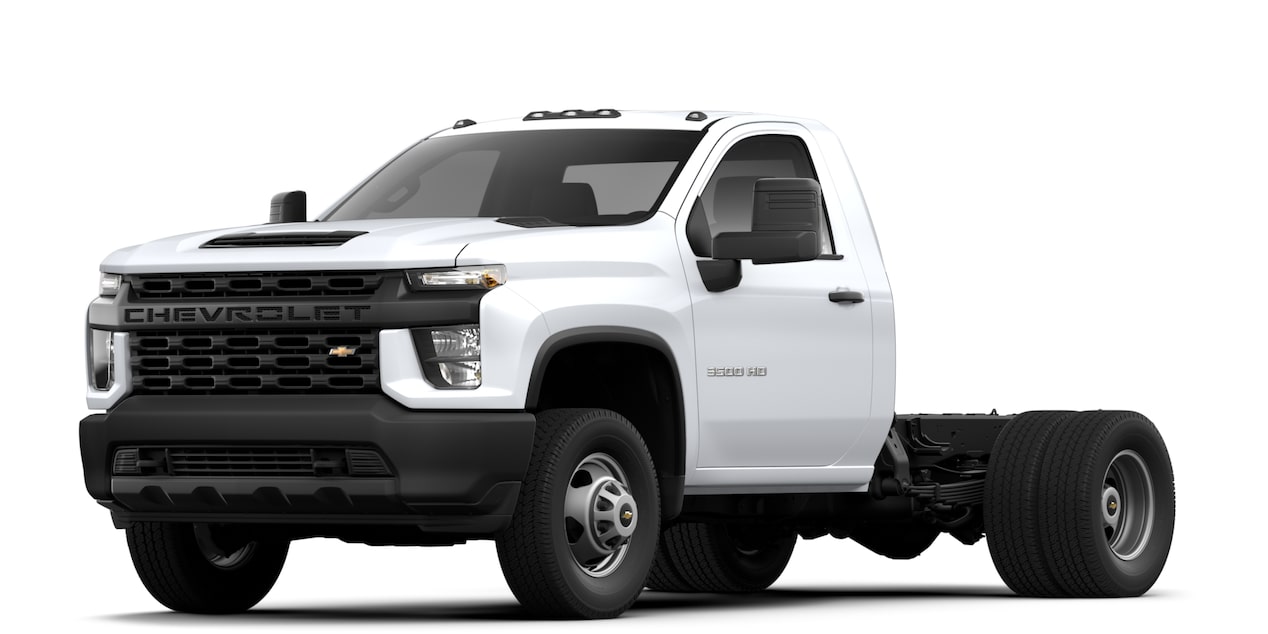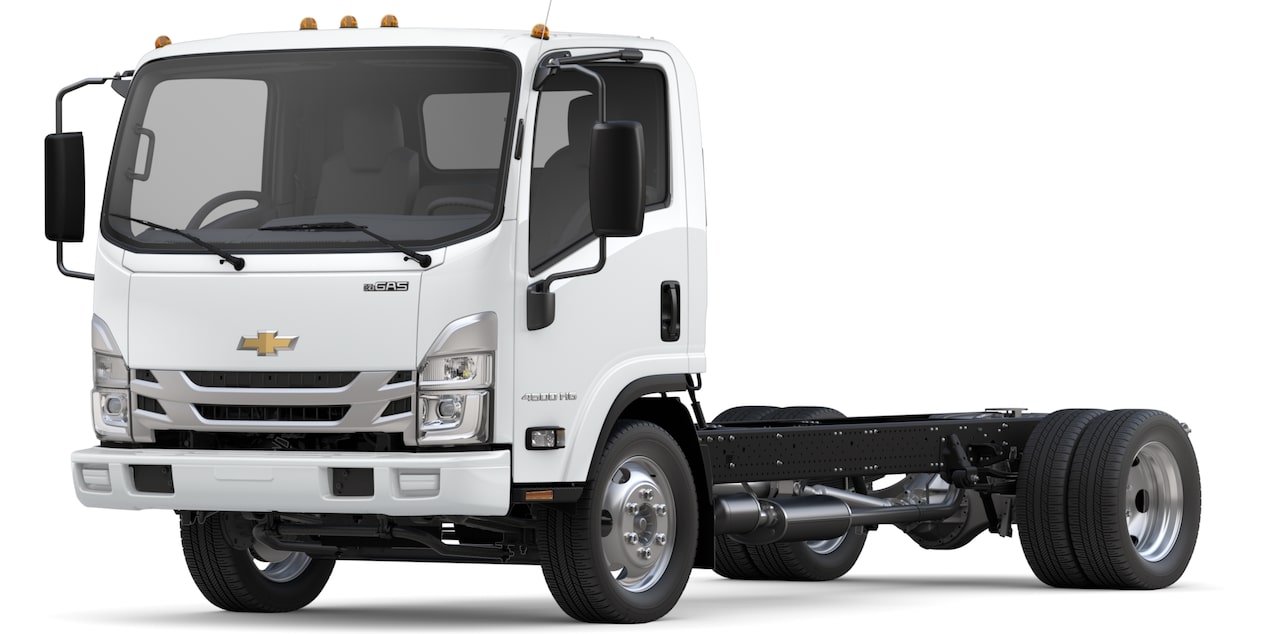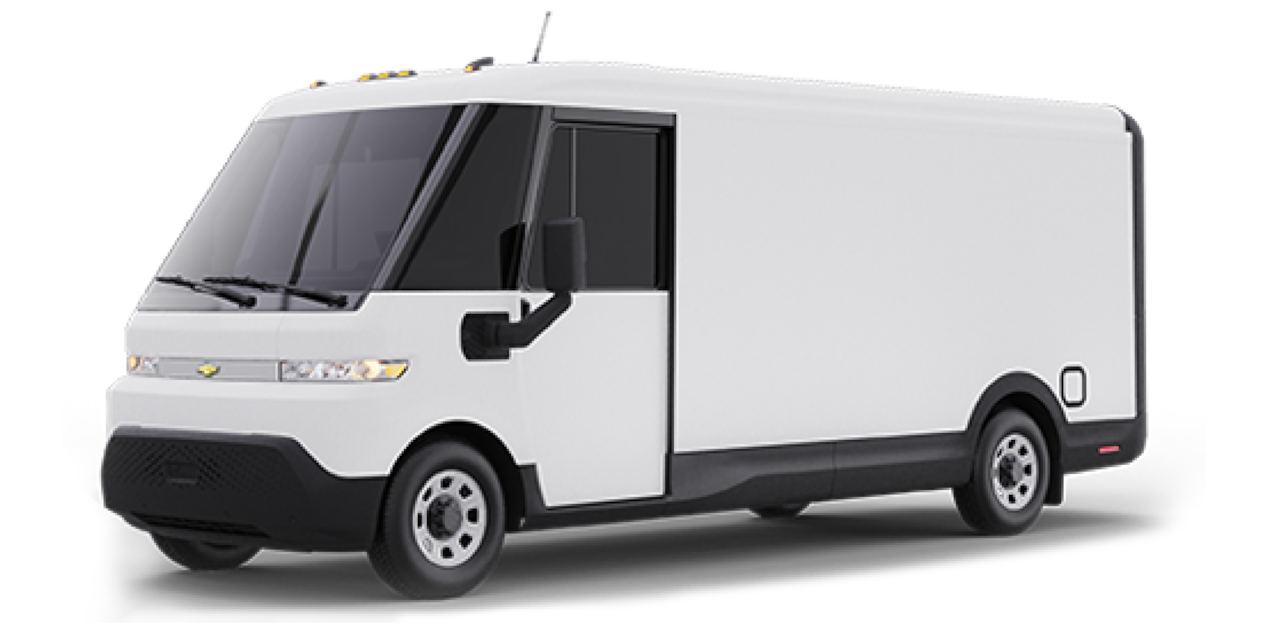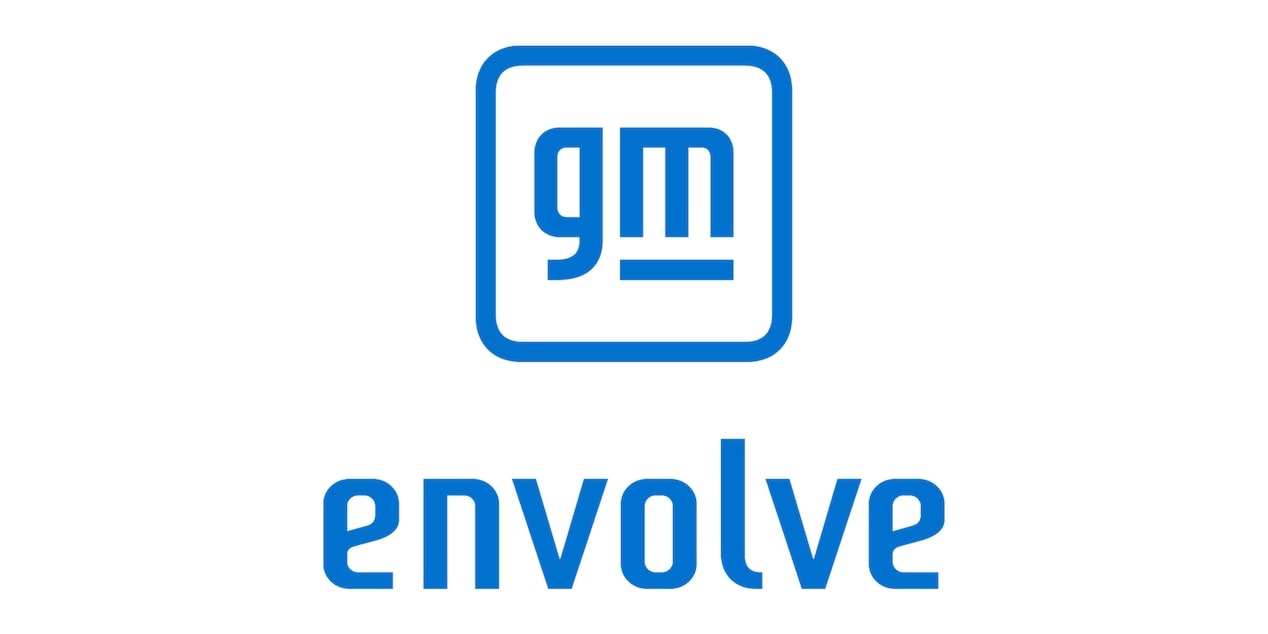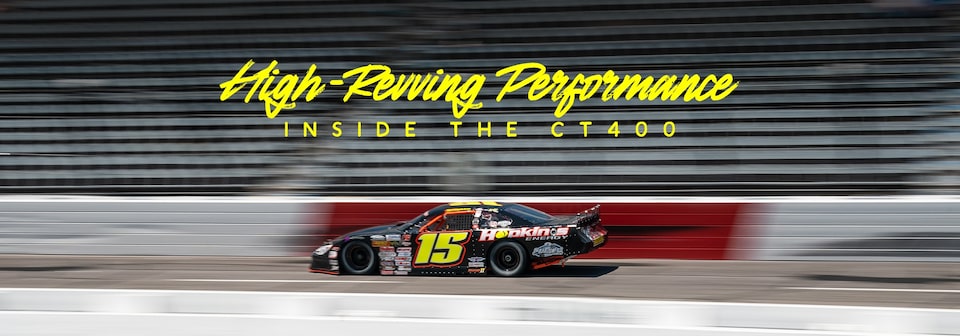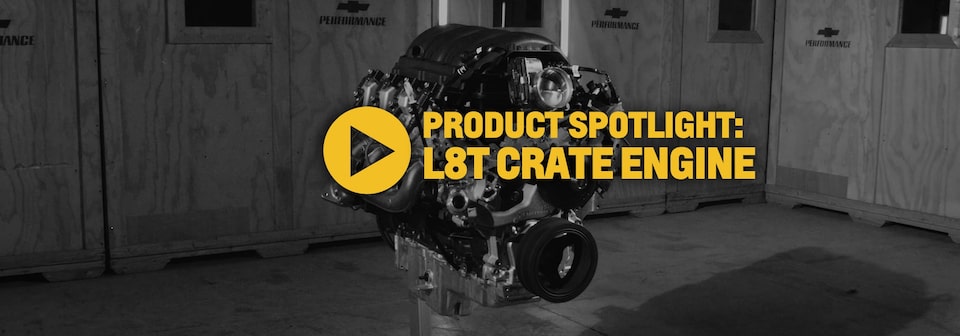
Published 7/23/24
Divine Delray: This 1955 Tri-Five has LS Power
WORDS: DAN HODGDON
PHOTOS: NATE LIGHT
Share on
Share on
Visit us at
Visit us at
Dennis Ingram and his wife, Diane, have long been fans of the Tri-Five Chevrolet. They have several in their impressive vehicle collection, each with their own unique flair. However, their 1955 210 Delray may be the crown jewel. The car features a Chevrolet Performance LS376/480 crate engine,* which the couple put to good use as they participated in the 2024 HOT ROD Power Tour.
“It's got all the power you need, but it's definitely just a pleasure to drive,” Dennis Ingram said during this year’s second Power Tour stop at Nashville Superspeedway in Lebanon, Tennessee.

Dennis and Diane Ingram’s 1955 Chevrolet 210 Delray is powered by a Chevrolet Performance LS376/480 crate engine.* The power plant is part of a Connect & Cruise Crate Powertrain System.
The Ingrams are from Morgantown, Kentucky, and Dennis found the car online while searching for a high-quality 1955 build. His search ultimately took him to Boise, Idaho, where Mike Michaud had the car for sale. Michaud isn’t a professional builder but rather a talented enthusiast who built much of the vehicle himself and whose father was also a Tri-Five aficionado.
At the heart of the stunning build is the LS376/480 crate engine, which Ingram calls “bulletproof.”

The LS376/480 under the hood.
The engine is based on Chevrolet Performance’s standard 6.2L LS3 crate* option and includes all of the components that make the engine both reliable and versatile. The LS376/480 version, however, incorporates a racing-inspired LS Hot Cam, helping the power plant make 495 horsepower and 473 lb.-ft. of torque. All told, that’s nearly a 14-percent increase over the regular LS3.
The engine in the Delray is part of a Chevrolet Performance Connect & Cruise Crate Powertrain System and is mated to a SuperMatic 4L70-E four-speed automatic transmission. Each system is factory-matched by engineers, and in this particular case, the transmission’s 495 lb.-ft. torque-capacity limit was a good choice for the LS376/480’s increased horsepower and torque capabilities.
“He [Michaud] didn't do anything second rate,” Ingram said of the builder’s choice to use a Connect & Cruise system. “He just said, ‘I didn't want any issues. I knew it wouldn’t have any trouble.’”

The car is painted in Tea Green.
The car is originally from California, meaning it started with a solid body and none of the rust issues that often plague vehicles from other parts of the country. With Michaud’s building talent, it then became a work of art with a variety of upgrades inside and out.
The Delray features 3.70 gears, a Ford nine-inch rear end and Hotchkis front and rear suspension, all done by Michaud, while a friend of his helped with the extensive metal work. Michaud painted the car Tea Green and added solid billet aluminum accents polished in chrome. The exterior color is complemented by burnt bronze powder-coating on the engine block, throttle body and fan shroud in the clean engine compartment, as well as on the Mobsteel wheels.
The green paint flows seamlessly into the two-tone tan-and-brown interior featuring many modern amenities. The interior was created by a shop in Boise.
The Delray has been the recipient of numerous awards, including Tri-Five category victories in Goodguys and Triple Crown of Rodding competitions, along with top-25 finishes in multiple Tri-Five Nationals events. It has also been featured in several magazines.

This 1955 Delray is a work of art inside and out.
Ingram grew up a big NASCAR fan and attended early races at places like Atlanta Motor Speedway, Daytona International Speedway and Talladega Superspeedway with his family. He ultimately came to own both the successful Ingram Brothers Trucking and Final Finish Body Shop with his three sons, but after getting out of the business, found he didn’t really have a hobby. But he had always loved cars.
He and his wife then decided to get deeply involved in the automotive-enthusiast community.
“We went out looking for a hobby and we found a family that we have fallen in love with,” Ingram said. “This car family across this country is just second to none when it comes to camaraderie and common cause.”
The Ingrams have participated in events in multiple states and enjoyed their first Power Tour experience in 2024.
They also have opened an automotive-themed venue called the Hot Rod MotorTel in Little Muddy, Kentucky, near their hometown of Morgantown. The venue features an event space, showroom, storage, an extensive memorabilia collection and more. By the end of the year, it will even have a bed and breakfast. It’s the perfect spot for enthusiasts who are participating in the many events at Beech Bend Park in nearby Bowling Green, and the Ingrams host a kickoff party each year during the week of the Tri-Five Nationals at Beech Bend.

Dennis and Diane Ingram are deeply involved in the automotive hobby.
Among the other vehicles in the Ingrams’ collection are two 1955 Chevys and a 1957 Chevrolet. The cars utilize a variety of power plants, ranging from Big-Blocks to an LS376/480 with a Whipple supercharger in one of the ’55 models. The couple also owns a 1967 Chevelle SS, an LS-powered 1972 Suburban, and even a 2014 COPO Camaro.
The 1955 Delray and its LS376/480 crate engine were the choice for this year’s Power Tour though. They made the trip with impressive results.
“We could not ask for any better performance,” Ingram said.
Plus, as is the case with every Power Tour, the husband and wife made plenty of like-minded new friends along the way.
Be sure to keep watching The BLOCK for more Chevrolet Performance builds from HOT ROD Power Tour and other events nationwide.
*Because of their effect on a vehicle’s emissions performance, these engines are intended exclusively for use in competition vehicles. These engines are designed and intended for use in vehicles operated exclusively for competition: in racing or organized competition on courses separate from public roads, streets or highways. Installation or use of these engines on a vehicle operated on public roads, streets or highways is likely to violate U.S., Canadian, and state and provincial laws and regulations related to motor vehicle emissions.




